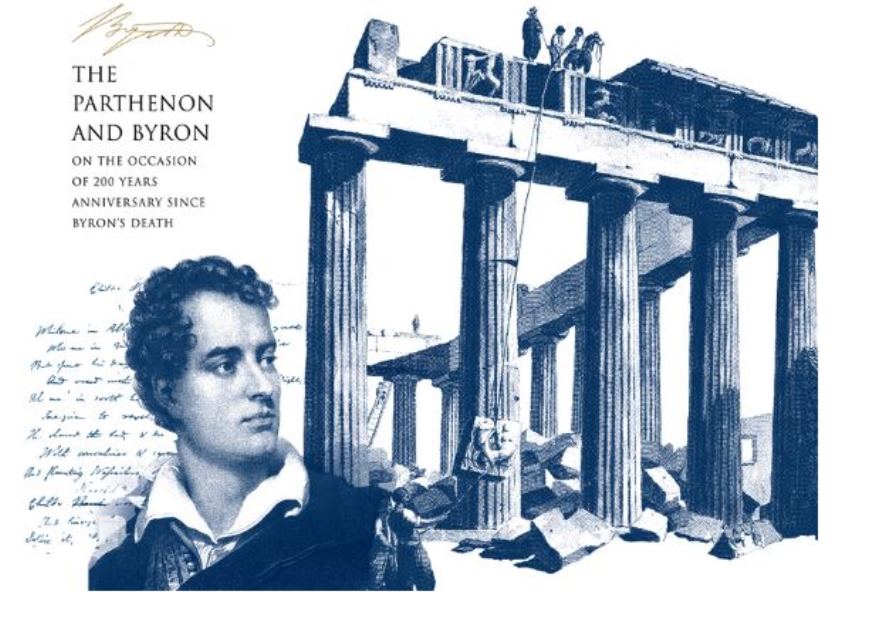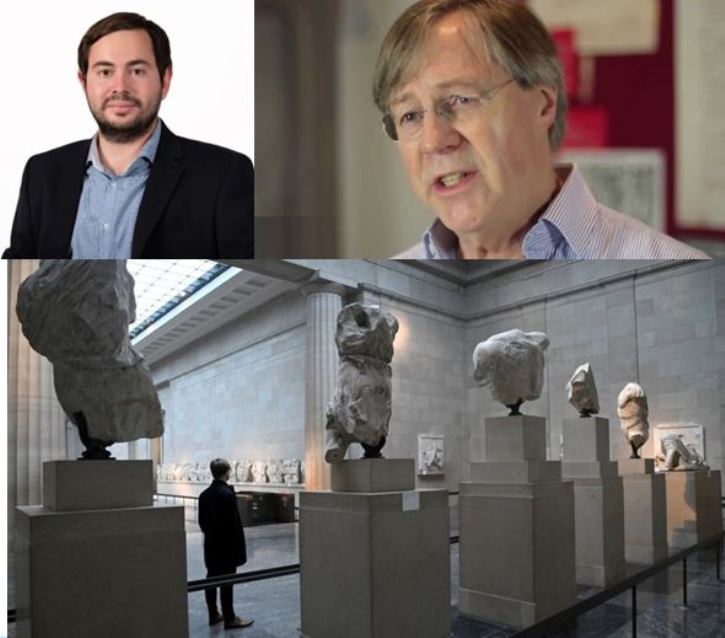Summary chronology: developments on New Acropolis Museum
11th March 2004
Court blow to museum project
Dealing a final blow to Greece's faint hopes of having the ghost of a new Acropolis museum ready in time for the August Olympics, the Council of State [Greece's highest administrative court] yesterday published a decision halting the much-delayed project....
The antiquities were to have been incorporated in the basement of the new museum — where Greece would like to display the Elgin, or Parthenon, Marbles should Britain give them back — among a network of concrete piers. But in response to a suit by the International Council on Museums and Sites and Makriyianni residents the court accepted that the piers should not be built until a second suit seeking cancellation of the entire project is heard. (Kathimerini, 11th March 2004)
12th March 2004
Acropolis Museum jinx holds
One day after the Council of State ordered a temporary halt to work on the new Acropolis Museum, court sources yesterday said that a senior prosecutor has ordered that criminal charges be brought against senior Culture Ministry officials who approved the project.
In an ironic twist, New Democracy MP Petros Tatoulis, 51 — who prompted the investigation, complaining that the 94-million-euro project would cause irreparable damage to ancient building remains on the museum's Makriyianni plot — is now deputy culture minister.
Supreme Court deputy prosecutor Anastassios Kapollas has instructed an Athens prosecutor to press criminal charges for breach of duty against the state-appointed committee that awarded the museum contract to architects Bernard Tschumi and Michael Photiades.
Kapollas also ordered the prosecution of the ministry's Central Archaeological Council, which approved the museum plans and gave the go-ahead for construction work. Charges will also be brought against "those responsible for destroying antiquities on the site." (Kathimerini, 12th March 2004)
13th March 2004
Tatoulis defends complaint
Dodging a flurry of criticism over his link with a damaging judicial investigation into the long-delayed project for a new Acropolis museum, Deputy Culture Minister Petros Tatoulis said yesterday he had only done his duty....Yesterday, Tatoulis said his complaint "was within the framework of my basic obligations to scrutinize the work of the previous government." Former Culture Minister Evangelos Venizelos had accused Tatoulis of "undermining a great objective." (Kathimerini, 13th March 2004)
Tatoulis clarifies his support for restitution and building of museum
"It is time we all realise that there is no Greek who would not wish to see the Parthenon Marbles back in Athens, as well as there is no Greek who does not wish the construction of a modern and operational New Acropolis Museum." (Petros Tatoulis, quoted in "Chora", 13th March 2004)
"Petros Tatoulis, current deputy culture minister, said he has filed the complaint report within his duties as opposition deputy and he rejected any allegations suggestion that he does not support the return of the Parthenon statues to their natural place. 'It is time we all realise that there is no Greek who would not wish to see the Parthenon Marbles back in Athens, as well as there is no Greek who does not wish the construction of a modern and operational New Acropolis Museum'." ("Apophasis", 13th March 2004)
14th March 2004
"Greeks put stop to 'Elgin Marbles' museum". Alasdair Palmer writes in the Telegraph that the "new Greek Government has stopped work on a £700 million pound museum being built to house the Elgin Marbles and legal action has begun against those who authorised the project". However, as may be seen from the other material quoted, the Greek Government had not itself made such a statement, and has yet to do so. Mr. Tatoulis' complaints were filed while he was in opposition. (Telegraph, 14th March 2004)
20th March 2004
Charges filed over museum
Greece's plans to build a new Acropolis Museum that might eventually host the Elgin, or Parthenon, Marbles, suffered a major legal blow yesterday.
Athens prosecutor Dimitris Asproyerakas pressed charges of breach of duty against almost every official involved in the 94-million-euro project, from the architects who designed the building and the judges who picked the winning plans to the top Culture Ministry officials who issued the construction permit. The charges were linked with the alleged destruction of antiquities to allow preliminary construction work.
In an ironic twist, the prosecution followed a complaint by Deputy Culture Minister Petros Tatoulis — lodged while he was still an opposition MP — that the museum would harm ancient building remains excavated on the site.
"We must all realize that nobody stands above the law," Tatoulis commented yesterday.
Meanwhile, the Council of State was to discuss late yesterday a suit seeking the project's cancellation on the grounds of its alleged threat to antiquities on the Makryianni plot. (Kathimerini, 20th March 2004)
Prosecutor files charges over New Acropolis Museum
Criminal charges are filed against all responsible parties for alleged violations of antiquities law during construction of the New Acropolis Museum. (Athens News Agency, 20th March 2004)
23rd March 2004
Ex-minister calls for resignation of current deputy over museum suit
PASOK deputy and former Culture Minister Theodoros Pangalos yesterday called for the resignation of the current deputy culture minister, Petros Tatoulis, for his having lodged a suit — before he entered the Cabinet — against officials involved in plans to build the new Acropolis Museum. The charges were linked with the alleged destruction of antiquities to allow preliminary construction work. "Now Tatoulis is ordering his own legal advisers to fight the suit which he himself lodged," Pangalos declared in Parliament. (Kathimerini, 23rd March 2004)
April 2004
"Greek Government halts construction of Acropolis Museum." Martin Bailey writes in the "Art Newspaper" that the Greek Government has halted work on the new museum site. (Art Newspaper, April 2004, Issue 146)
7th April 2004
Court OKs New Acropolis Museum
Greece's plans to build an ultramodern new Acropolis Museum under the ancient citadel received a major boost yesterday after the country's highest administrative court rejected a suit to have the dragging project scrapped.
Furthermore, one of the museum's top backers said the government had assured him that the building — where Athens would like to display the Elgin, or Parthenon, Marbles should the British Museum agree to return them — "will be built." Jules Dassin, head of the Melina Mercouri Foundation, which has lobbied for the sculptures' return and construction of the new museum, was speaking after meeting with Prime Minister (and Culture Minister) Costas Karamanlis and Deputy Culture Minister Petros Tatoulis.
Court sources said the Council of State dismissed arguments that construction work would damage ancient building remains found on the plot in Makriyianni earmarked for the 94-million-euro museum. The International Council on Monuments and Sites and Makriyianni residents wanted all government decisions allowing construction of the museum annulled. (Kathimerini, 7th April 2004)




